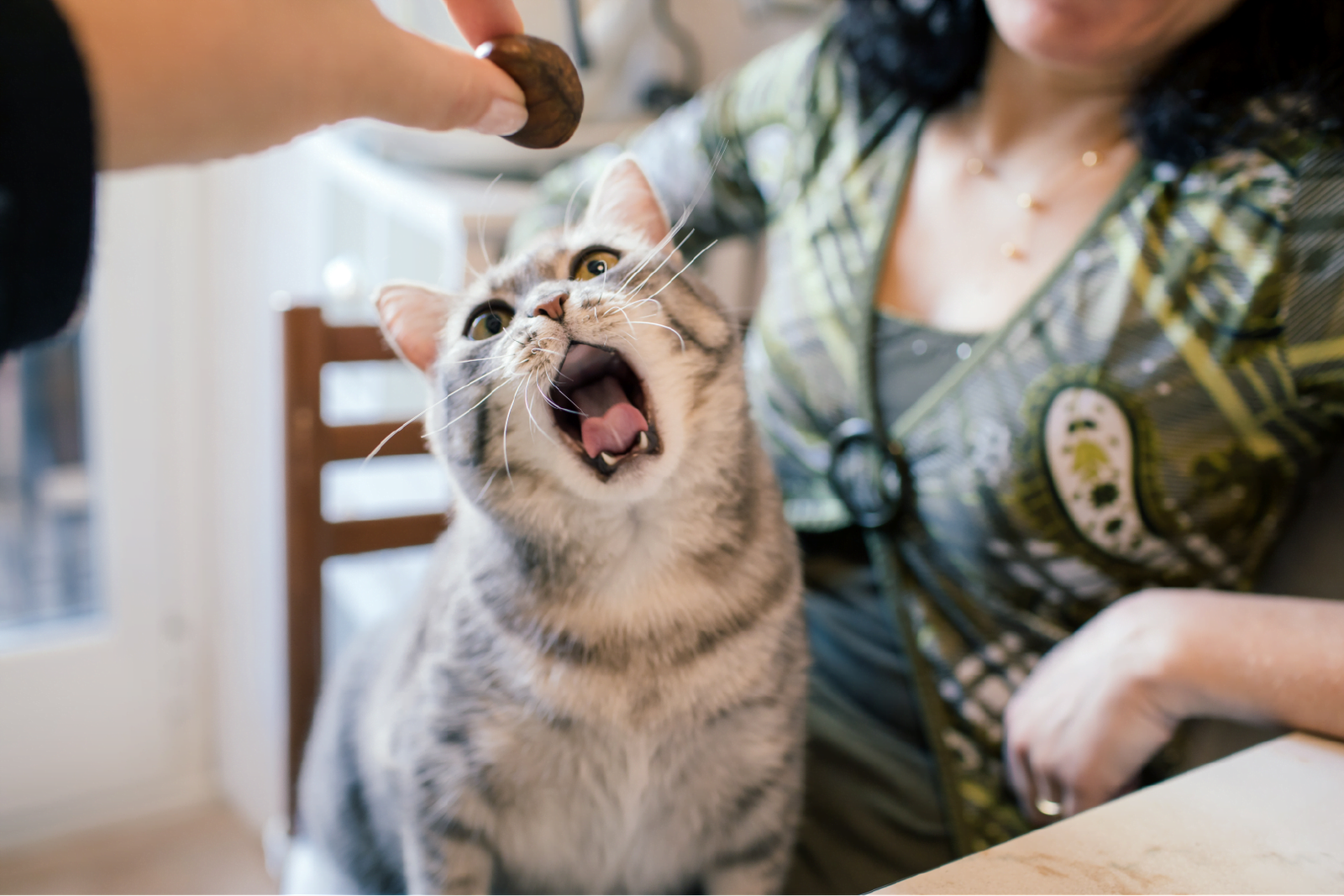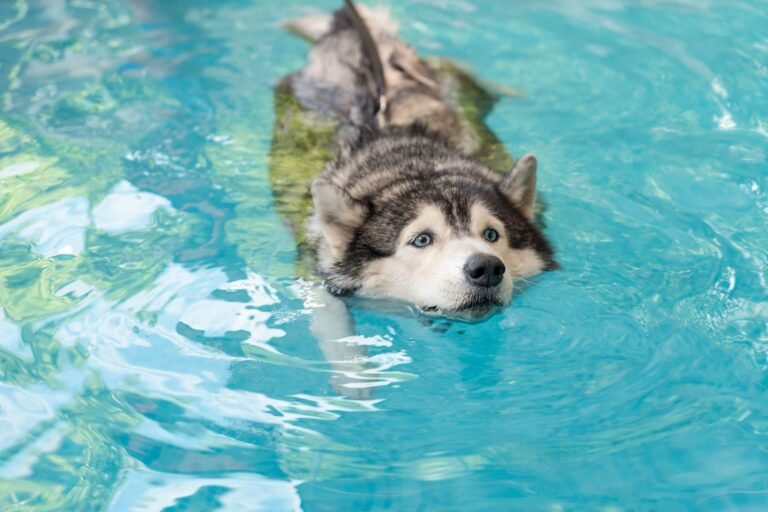Introduction
The Curious Case of Feline Appetite – Cats are known for their selective eating habits, but what happens when your furry friend seems to have an insatiable hunger? While occasional bouts of hunger are normal, persistent hunger could indicate an underlying issue that needs attention.
Exploring the Mystery – Unraveling the reasons behind why your cat may constantly be on the hunt for food can help you address their needs and ensure their health and well-being.
Normal Feeding Behavior in Cats
Carnivorous Nature – Cats are obligate carnivores, which means their bodies are designed to thrive on a diet primarily consisting of meat. This biological fact influences their feeding patterns and nutritional needs.
Frequent, Small Meals – Unlike humans who typically eat three large meals a day, cats are natural grazers. In the wild, they would consume small prey throughout the day. Mimicking this behavior, domestic cats prefer multiple small meals spaced out over the day.
Medical Causes
Hyperthyroidism – Hyperthyroidism is a common endocrine disorder in older cats. It occurs when the thyroid gland produces an excess of thyroid hormones, leading to an increase in metabolic rate and subsequent hunger.
Diabetes Mellitus – Diabetes mellitus is another condition that can affect cats, particularly those who are overweight or obese. Insulin regulates blood sugar levels, and when its production is insufficient, glucose levels rise, triggering hunger despite eating.
Intestinal Parasites – Worms and other intestinal parasites can inhabit a cat’s digestive system, stealing nutrients from their food. As a result, your cat may seem constantly hungry as their body tries to compensate for the loss.

Behavioral Factors
Stress and Anxiety – Cats are sensitive creatures, and changes in their environment or routine can lead to stress and anxiety. Some cats may cope with these feelings by seeking comfort in food, leading to excessive eating.
Boredom and Lack of Stimulation – Cats need mental and physical stimulation to thrive. Without adequate enrichment, they may turn to food for entertainment or as a way to alleviate boredom, even when they’re not truly hungry.
Dietary Considerations
Low-Quality Diet – The quality of your cat’s food matters. Low-quality cat food may lack essential nutrients, leaving your cat feeling unsatisfied and prompting them to seek out more food to meet their nutritional needs.
Inadequate Portion Control – Feeding your cat too much or too little can disrupt their natural feeding patterns. Overfeeding can lead to obesity and constant hunger, while underfeeding can leave your cat feeling hungry and unsatisfied.
Environmental Influences
Access to Food – If your cat has unrestricted access to food, they may eat more than they need simply because it’s available. Additionally, feeding irregularly or inconsistently can disrupt their eating habits.
Competition with Other Pets – In multi-pet households, competition for food can arise, leading some cats to eat quickly or overeat to ensure they get their share. This can result in one cat appearing constantly hungry while the other may eat less.
Age-Related Changes
Senior Cats – As cats age, their metabolism slows down, and they may become less active. Adjusting their diet and feeding routine to accommodate these changes can help manage their appetite and prevent weight gain.
Kittens – Kittens have high energy requirements to support their rapid growth and development. They may seem constantly hungry as they burn through calories quickly. Providing them with a balanced diet tailored to their needs is essential.
Seeking Veterinary Guidance
Importance of Veterinary Consultation – If you notice that your cat’s hunger is excessive or sudden, it’s essential to consult with a veterinarian. They can perform a thorough examination and diagnostic tests to identify any underlying health issues contributing to your cat’s appetite.
Diagnostic Tests and Treatment – Blood work, imaging, and other diagnostic tests may be necessary to diagnose and treat any medical conditions affecting your cat’s appetite. Treatment options will vary depending on the underlying cause and may include medication, dietary changes, or other interventions.
"Animals are such agreeable friends—they ask no questions; they pass no criticisms."
George Eliot Tweet
Conclusion
Understanding Your Cat’s Hunger – By understanding the various factors that can contribute to your cat’s constant hunger, you can take steps to address their needs and ensure their health and well-being.
Nurturing a Healthy Relationship with Food – Providing your cat with a balanced diet, addressing any behavioral issues, and seeking veterinary care when needed can help maintain a healthy relationship between your cat and their food, ensuring they lead a happy and fulfilling life.




